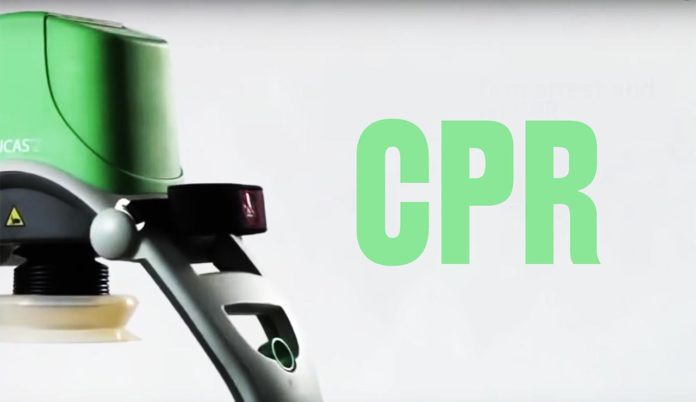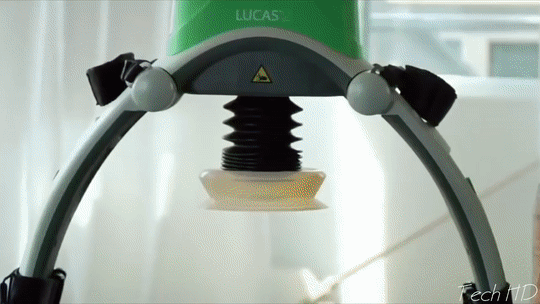
Day by day, the world is building new tech to save lives. One of the newest life-saving devices is the CPR Robot. The LUCAS CPR robot is more accurate at following the proper CPR steps than humans are. Thus, it will be saving more lives by providing quality CPR.
How the CPR Robot Works
The robot, LUCAS, is a robot that can perform CPR on a person who has cardiac arrest. All you need to do is unpack it, power it on, assemble and adjust the settings, and let it operate. It will start to defibrillate and ventilate, based on the settings. This is a powerful robot that will allow you to deliver consistent chest compressions and to transport the patient.

Organs Will Come from 3D Printers
New inventions are getting smarter and more advanced. Not only will CPR robots be getting better and more helpful, but the entire robotics industry will also advance to the point where organs can be printed on 3D printers and placed into human bodies. People will no longer need to depend on human donors. Lives will be saved on a more timely basis, and the waiting times for organs will shorten.
Superhumans Will Be Next
If everything that Elon Musk says will one day come true, humans will not only be able to replace their physical organs with better artificial ones, but they will also be able to add additional features to their physical bodies.
These features can be cool organs, limbs, and even additional abilities that we do not have today. For example, superhumans might one day be able to breathe underwater, with artificial gills. They might even be able to breathe on the Mars surface, provided that they undergo the necessary operations. The potential solutions for Earth survival, and outer space survival, are endless.
Humans Will Extend Lifespan
Humans are at the point where they can build robots that will save their lives, or the lives of other people. These robots can have artificial intelligence. In addition, humans might also one day be able to opt for artificial organs, to replace existing ones, and extend their lifespans. By extending their lifespans, they might be able to make further progress in the fields of science and technology.


























